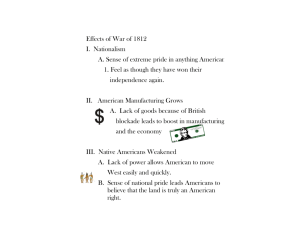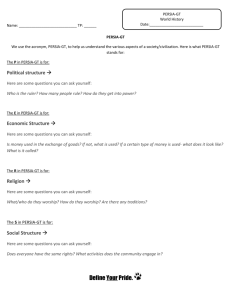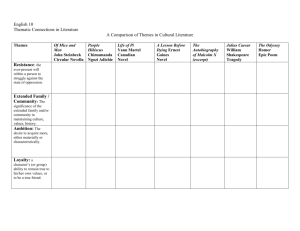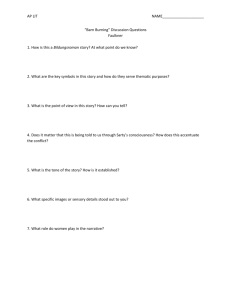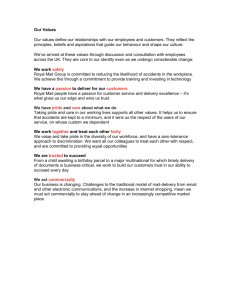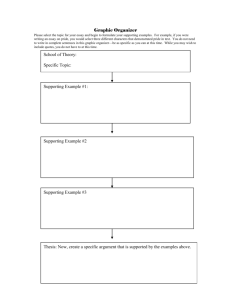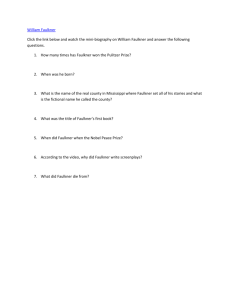Nick Norwood Response to “Barn Burning” Fiction Exegesis #1
advertisement
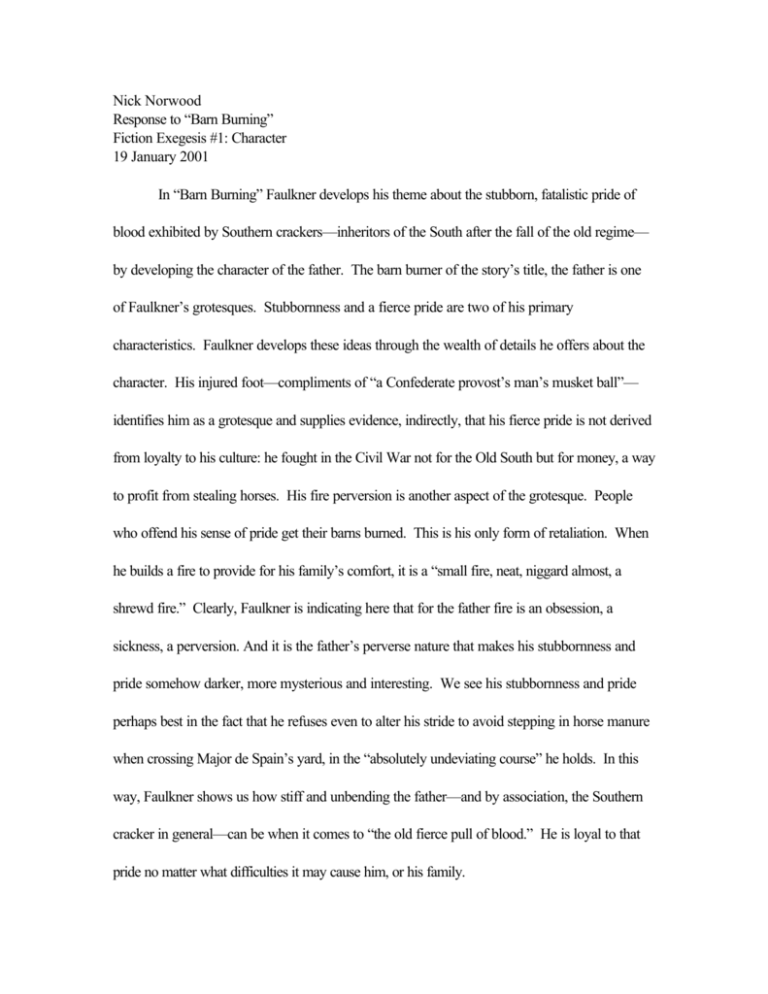
Nick Norwood Response to “Barn Burning” Fiction Exegesis #1: Character 19 January 2001 In “Barn Burning” Faulkner develops his theme about the stubborn, fatalistic pride of blood exhibited by Southern crackers—inheritors of the South after the fall of the old regime— by developing the character of the father. The barn burner of the story’s title, the father is one of Faulkner’s grotesques. Stubbornness and a fierce pride are two of his primary characteristics. Faulkner develops these ideas through the wealth of details he offers about the character. His injured foot—compliments of “a Confederate provost’s man’s musket ball”— identifies him as a grotesque and supplies evidence, indirectly, that his fierce pride is not derived from loyalty to his culture: he fought in the Civil War not for the Old South but for money, a way to profit from stealing horses. His fire perversion is another aspect of the grotesque. People who offend his sense of pride get their barns burned. This is his only form of retaliation. When he builds a fire to provide for his family’s comfort, it is a “small fire, neat, niggard almost, a shrewd fire.” Clearly, Faulkner is indicating here that for the father fire is an obsession, a sickness, a perversion. And it is the father’s perverse nature that makes his stubbornness and pride somehow darker, more mysterious and interesting. We see his stubbornness and pride perhaps best in the fact that he refuses even to alter his stride to avoid stepping in horse manure when crossing Major de Spain’s yard, in the “absolutely undeviating course” he holds. In this way, Faulkner shows us how stiff and unbending the father—and by association, the Southern cracker in general—can be when it comes to “the old fierce pull of blood.” He is loyal to that pride no matter what difficulties it may cause him, or his family.
